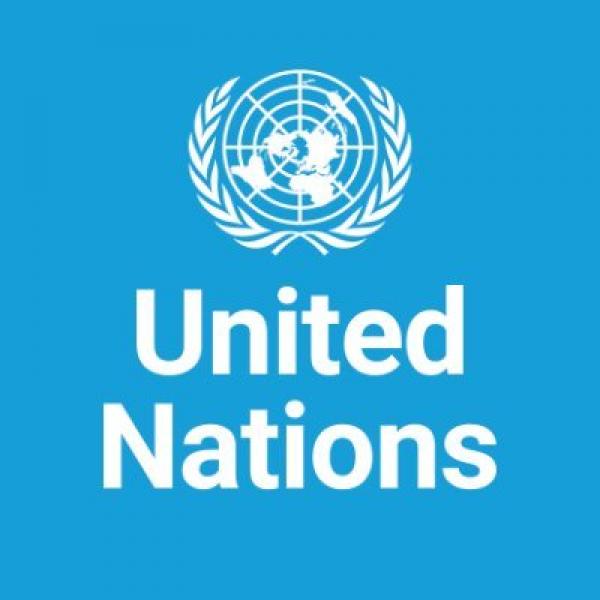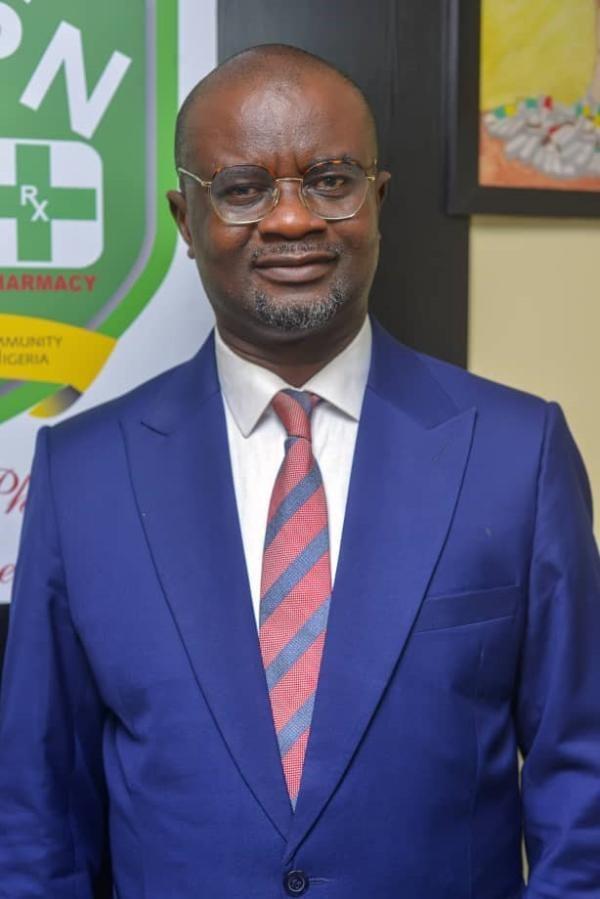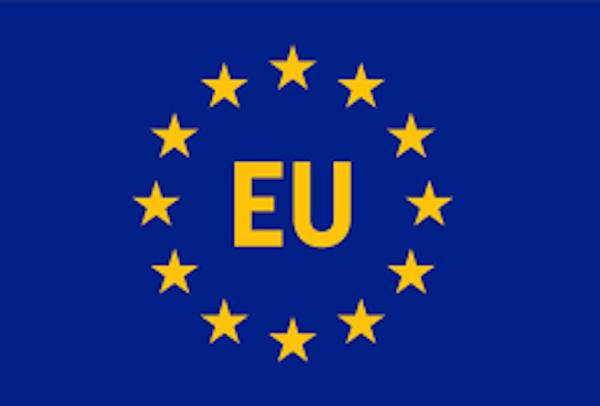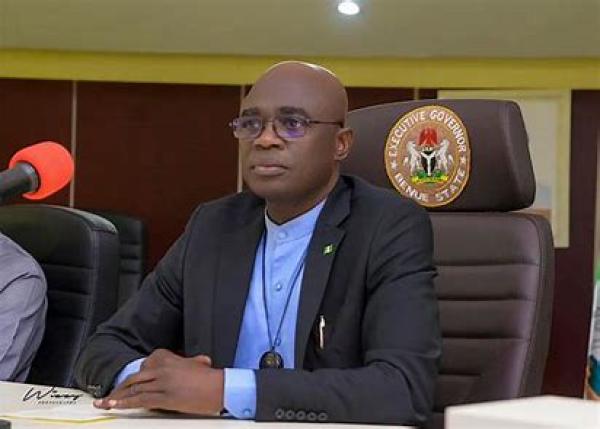
The United Nation’s (UN) top human rights official has described credible reports of serious human rights violations committed by the Taliban in Afghanistan, including summary executions of civilians, restrictions on women and limitations on protests against their rule.
At an emergency session of the UN human rights council, called at the request of Pakistan and the Organisation of Islamic Cooperation, its head, Michelle Bachelet, called for a mechanism to monitor Taliban actions, calling the Taliban’s treatment of women and girls a ‘fundamental red line’.
Warning that a “significant numbers of people will seek refuge in neighbouring countries or outside the region,” Bachelet made her comments ahead of a virtual meeting of G7 leaders on Tuesday to discuss the crisis and the evacuation from Kabul’s airport of foreigners and vulnerable Afghans.
Describing the air bridge from Afghanistan, a Nato country diplomat said western countries were working at a “war-footing pace” on Tuesday to get people out of the country as US President Joe Biden looked set to come under pressure from other G7 leaders to seek more time to complete the airlift.
The G7 leaders could discuss taking a united stand on the question of whether to recognise a Taliban government, or alternatively, renew sanctions to pressure the Islamist militant movement to comply with pledges to respect women’s rights and international relations.
“The G7 leaders will agree to coordinate on if, or when to recognise the Taliban,” said one European diplomat.
“And they will commit to continue to work closely together.”
Widespread chaos punctuated by sporadic violence has gripped Kabul’s airport, with western troops and Afghan security guards driving back crowds desperate to flee following the Taliban’s take over of the Afghan capital on 15 August.
Countries conducting the evacuations are trying to meet 31 August deadline agreed earlier with the Taliban for the withdrawal of foreign forces, a Nato diplomat told Reuters.
Biden, who has left open the prospect that US troops might stay beyond the deadline, has warned that the evacuation was going to be “hard and painful” and much could still go wrong as a number of countries including Spain and the UK have issued somber warnings that not all Afghans who worked for foreign missions would be evacuated.
However, the Taliban has described the presence of foreign troops beyond the end of August as a “red line” that would have “consequences” diminishing hopes of an extension to the airlift effort.
While UK Defence Secretary, Ben Wallace, said efforts to win an extension would continue he was doubtful it would happen.
Despite international calls for an inclusive political settlement in Afghanistan, the Taliban on Tuesday continued to consolidate its power, appointing a new finance minister, an intelligence chief, and an acting interior minister in Afghanistan.
According to the Pajhwok news agency, Gul Agha would be the finance minister and Sadr Ibrahim would be the acting interior minister. Najibullah would be intelligence chief, while Mullah Shirin would be Kabul governor and Hamdullah Nomani the mayor of the capital.
Many Afghans fear a repeat of the brutal interpretation of sharia law that the Taliban implemented when first in power from 1996-2001, or retribution for working with the US-backed government over the past two decades.
“The Taliban are the same as they were 20 years ago,” said Nilofar Bayat, a women’s rights activist and former captain of Afghanistan’s wheelchair basketball, after arriving in Spain.
“If you see Afghanistan now, it’s all men, there are no women because they don’t accept women as part of society.”






















